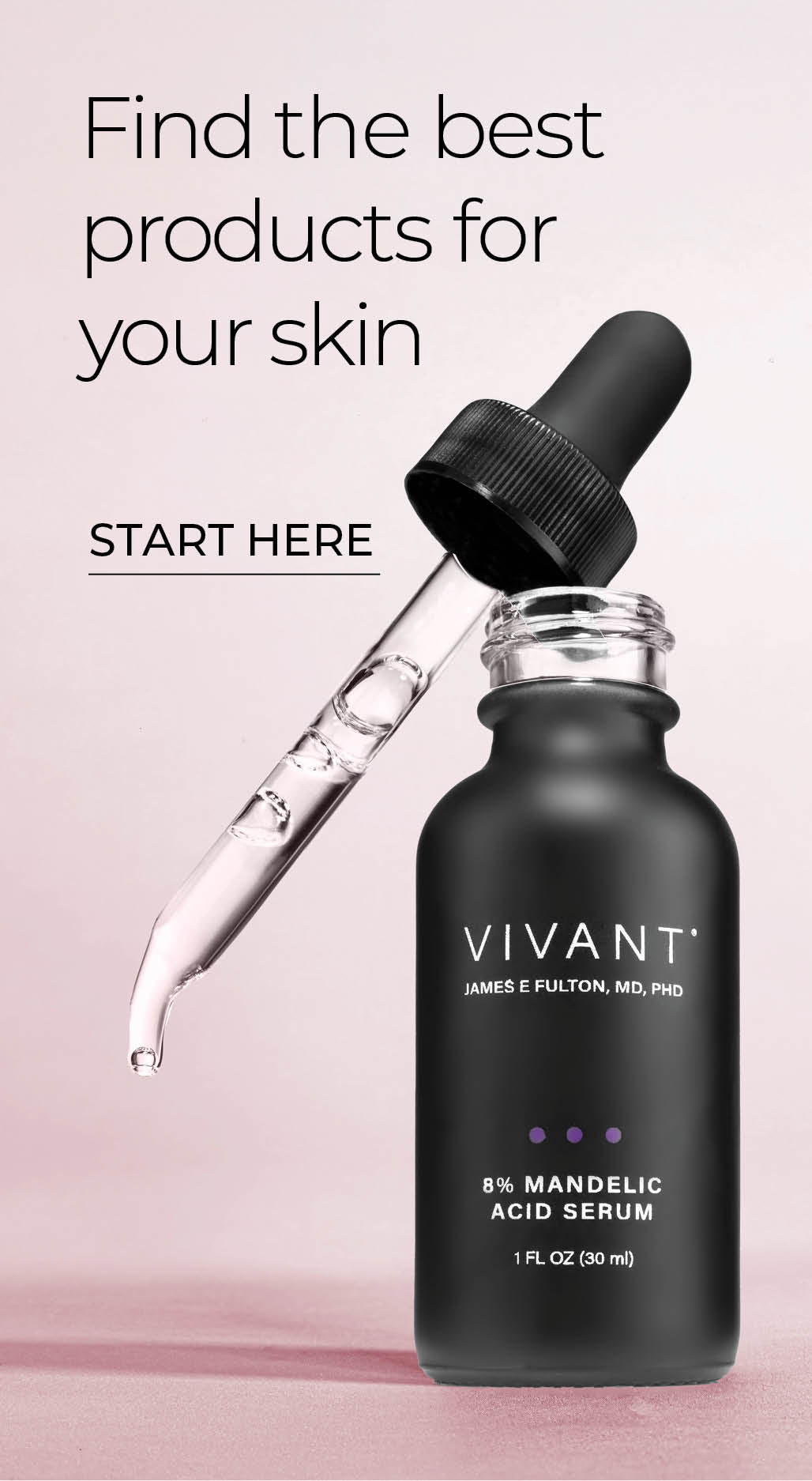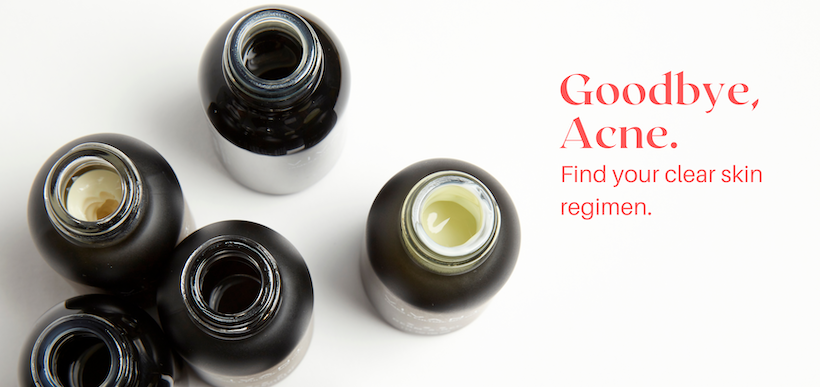Sleep Is The New Serum

Table of contents
The Signs of Sleep Deprivation
Is there anything worse than arriving at work and being greeted with the words, “you look tired”?
The usual giveaways are more than a yawn. Lack of sleep shows up on your skin as:
-Dark circles
-Puffy eyes
-Dull complexion
-Dry, stressed skin
Sleep—or lack of it—speaks through your skin before you ever say a word.
What is Beauty Sleep?
The concept of beauty sleep isn’t just a phrase—it’s a biological truth. During sleep, your body repairs, regenerates, and restores balance after daily stressors like UV rays, pollution, and oxidative stress.
Skin Repair Happens During Deep Sleep
-Antioxidant power boost: During deep sleep (REM cycle), antioxidants become more active, neutralizing free radicals that cause skin damage.
-Collagen repair: Growth hormones kick in, repairing collagen-producing cells to support firmness and elasticity.
How Sleep Transforms Your Skin Overnight
Increased Blood Flow and Nutrient Delivery
While you sleep, blood vessels dilate, increasing circulation. This delivers more oxygen and nutrients to the skin, flushes out toxins, and supports a brighter, healthier complexion.
Hormonal Reset for Skin Health
-Lower cortisol: Cortisol, the stress hormone, drops at night, reducing oiliness and thinning of the skin.
-Higher melatonin: Melatonin rises, working as a natural antioxidant that protects against skin aging
The Science of Sleep and Cellular Aging
Telomeres: Protectors of Youthful Skin
Telomeres are the protective caps at the ends of your DNA. Long telomeres mean healthy, youthful cells, while short telomeres signal premature aging.
Sleep and Telomerase Activation
Quality sleep stimulates the enzyme telomerase, which helps repair and lengthen telomeres. This process slows cellular aging and helps skin cells behave like younger, healthier ones.
Synergize With Sleep
With cellular repair and regeneration at its peak during the sleep cycle, this is the perfect time to use products that accelerate cell turnover and boost collagen production for maximum effect. Products that feature vitamin A, peptides and antioxidants are top of the list for night time renewal. A good nourishing moisturizer is often a good choice for night too as skin tends to lose moisture during sleep.
Derm-A-Renew: The Glow Enhancer
Key Ingredients: Retinyl Propionate (Vitamin A), Oligopeptides, Lactic Acid, Kojic Acid
Retinoids and peptides work together to promote firmer skin and improved elasticity, while niacinamide and lactic acid help calm redness, enhance hydration, and reinforce the skin’s natural defenses. Kojic acid targets the appearance of dark spots, and chrysin delivers antioxidant protection against environmental stressors.
Wink Eye Rejuvenation Cream: The Eye Opener
Key Ingredients: Retinyl Propionate (Vitamin A), Oligopeptides, Caffeine, Grape Seed Oil
Brighten dark circles, reduce puffiness and smooth the appearance fine lines with this high-performance, antioxidant- and nutrient-rich cream. Lightweight formula, heavyweight results.
Marine Skin Nourishing Cream: The Nourisher
Key Ingredients: Grape Seed Oil, Sea Algae Extract, Oat Protein, Whole Leaf Aloe
Packed with intensely nourishing and reparative antioxidants and bioactive marine minerals, amino acids and sea proteins to replenish and restore suppleness and elasticity.
How Much Sleep Do You Really Need for Healthy Skin?
Skimping on sleep will show on your face—no matter how good your skincare routine is. Research suggests:
7–9 hours per night is ideal for skin and overall health.
Less than 7 hours accelerates visible signs of aging and dullness.
Even the most advanced skincare products work best when supported by consistent, restorative sleep.

What’s keeping you up?
Alcohol
If you drink within 90 minutes of falling asleep, you’re going to disrupt your body’s ability to enter the all-important REM sleep during which all the important repair and regeneration occurs. Stay away from alcohol later in the evening to avoid the cascade effect of tired, puffy, aging skin.
Devices
Studies have shown people who read on a tablet before bed have reduced sleepiness, shorter REM cycles and secrete less melatonin. Use a filter to cut the blue light, or better yet, just cut out the screen time for a better night’s sleep.
Stress
If you’re ruminating on the day’s events as your settle down for the night, you’ll have trouble falling asleep and getting into the deepest, most restful stages of sleep. Try some mindful meditation, a couple of downward dogs, or a relaxing bath before bed to clear your head and catch some zzzz-s.


Comments